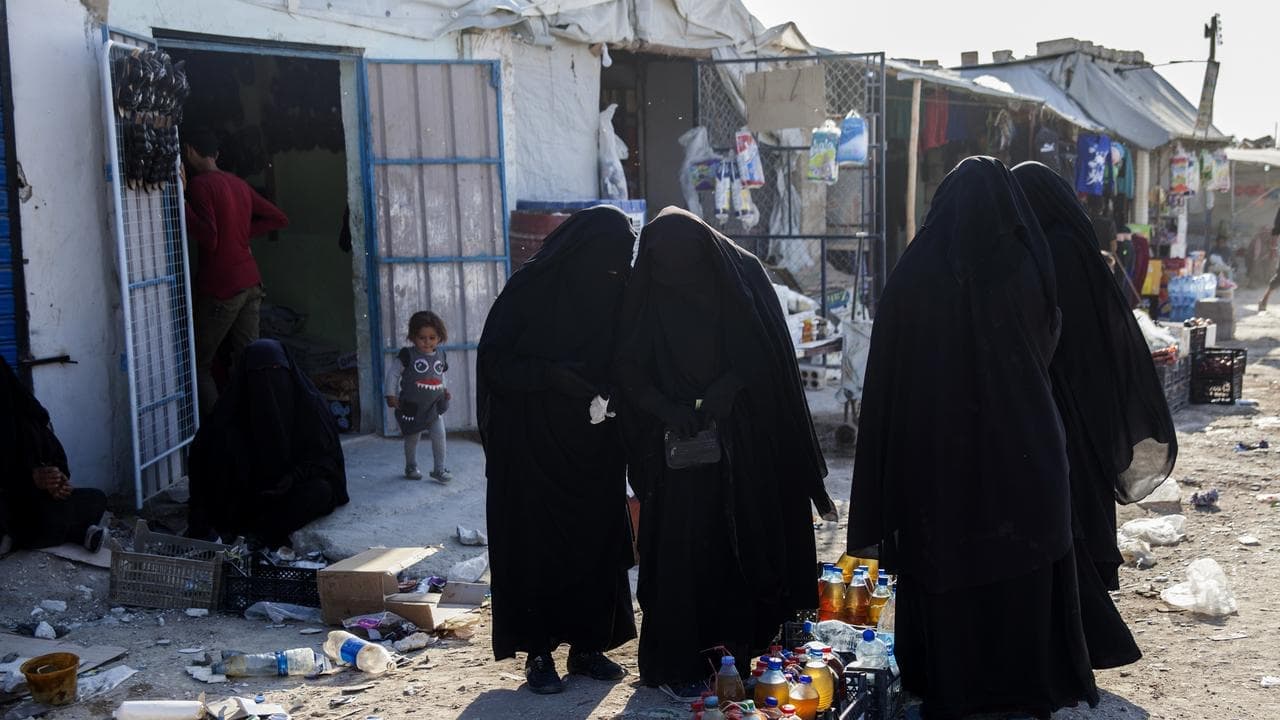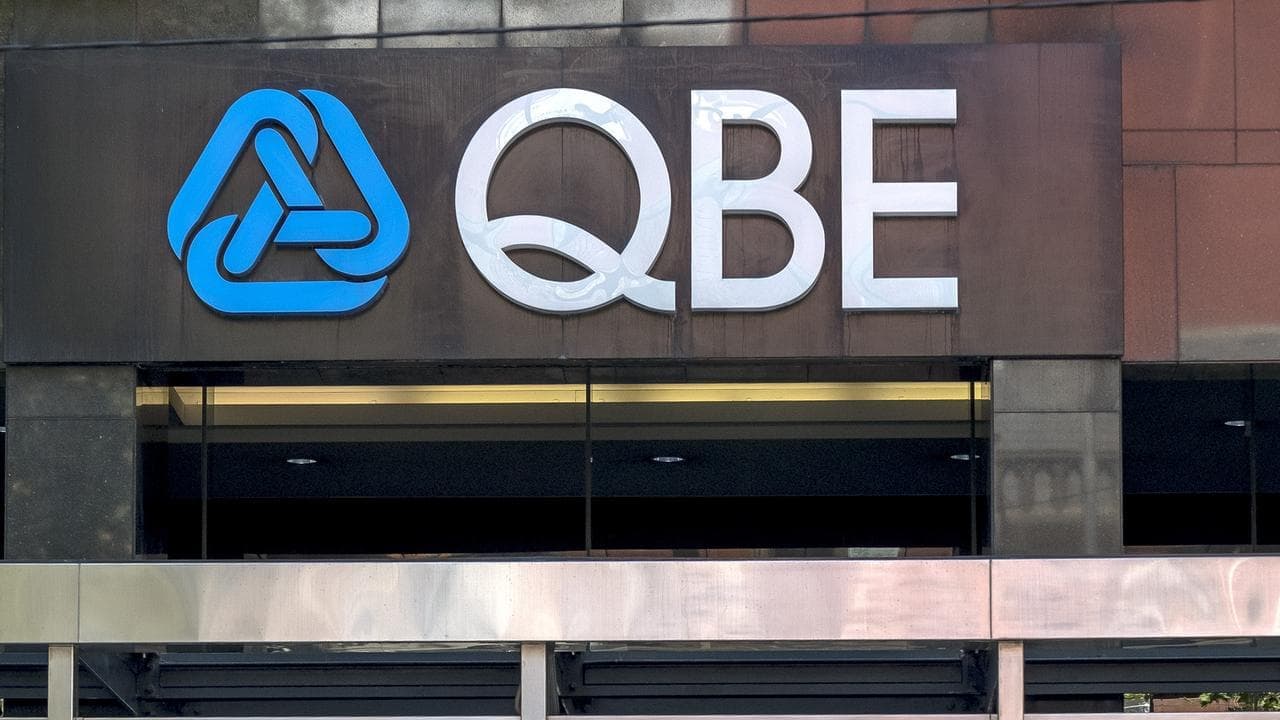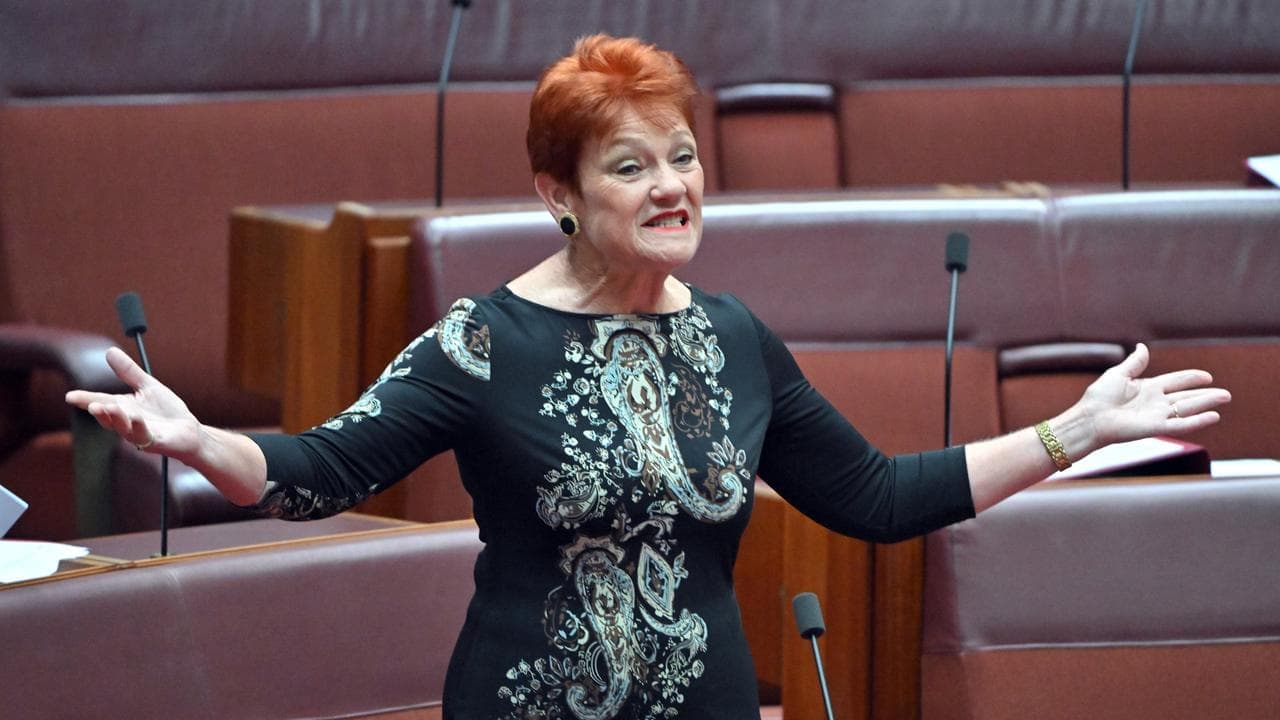WHAT WAS CLAIMED
If the upcoming referendum is successful, anything relating to Indigenous people or the voice to parliament can be added to the constitution.
OUR VERDICT
False. A ‘yes’ result would add a new section to the constitution enshrining a voice to parliament. Any other changes would require another referendum.
It's being claimed that a successful 'yes' vote at the upcoming referendum will give the government a blank cheque to add anything it wants about Indigenous people or the voice to the Australian Constitution.
This is false. A double majority voting 'yes' at the referendum would add just one new section to the constitution that will be clearly worded on the ballot papers. Any other change would require another referendum.
The claim was made in a Facebook post (archived here) on August 5, 2023.

"If you vote yes, you open the oyster if the yes campaign wins," it states.
"They can then write in the constitution anything they like, as long as it relates to so called indigenous people … They can also write whatever they want into the constitution as long as it relates to the Voice. YOU ARE NOT VOTING ON THE ACTUAL TERMS OR WORDING THAT WILL GO INTO THE CONSTITUTION!
"All you are voting for is the right for them to put these things into the constitution. If you have listened carefully to Albo's interviews and bull**** media releases, he has told you this when asked what it will mean. He has simply said, those details will be worked out later. Australia you are being conned into the biggest mistake in this countries (sic) history."
The post appears to confuse the proposed constitutional amendment with the potential future legislation to design the model of the voice.
The wording of the proposed addition to the constitution, which was passed by parliament in June, can be viewed here. This is what the Australian public will be asked to consider adding at this year's referendum.
If the 'yes' vote succeeds, the words will be added to Section 129 - a new tract of text at the end of the constitution.

This would lead to the establishment of an Indigenous voice which would have the power to make representations to parliament and government on matters affecting Aboriginal and Torres Strait Islander peoples.
Section 129 (iii) of the amendment would permit parliament to make laws about the voice, including its composition, functions, powers and procedures.
However, these laws would not enter the constitution. They would be legislated and therefore be subject to alteration.
While these details are yet to be formally decided, the government has released a set of design principles, agreed to by the First Nations Referendum Working Group, which outline a model for the voice.
The government has stated that it would consult Indigenous communities, the parliament and the broader public (page 2) on the legislation to set up the proposed voice.
Any other changes to the constitution, including those relating to the voice or Indigenous people, would require another referendum.
The Verdict
The claim that a successful voice referendum would allow the government to add anything it wants about Indigenous people or the voice into the constitution is false.
Voters will be asked to approve one alteration to the constitution to add a new section recognising Indigenous people through the establishment of a voice.
If the government wanted to add anything else to the constitution, it would need to hold another referendum.
False – The claim is inaccurate.
AAP FactCheck is an accredited member of the International Fact-Checking Network. To keep up with our latest fact checks, follow us on Facebook, Twitter and Instagram.












